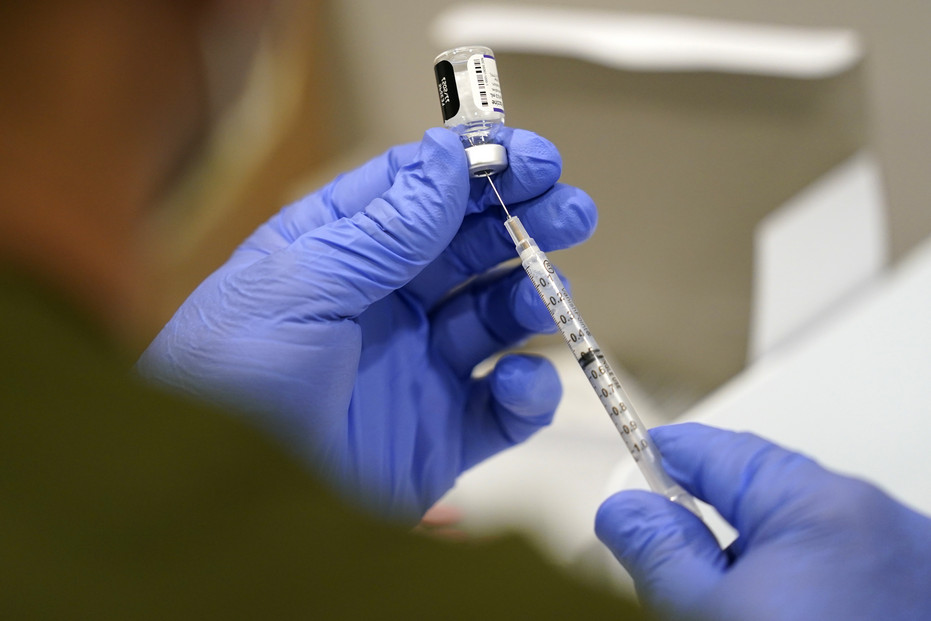Advisory Panel Under New Leadership
Under the direction of Health Secretary Robert F. Kennedy Jr., the Advisory Committee on Immunization Practices (ACIP) met this week at CDC headquarters in Atlanta. Once a 17-member panel, ACIP has been replaced by a smaller, ideologically driven group of seven—several of whom have previously expressed vaccine safety concerns.
Flu and RSV Guidance Approved
The committee upheld CDC guidelines endorsing annual flu shots for individuals aged over six months and voted 5–2 in favor of a monoclonal antibody injection by Merck to protect infants under 8 months against RSV.
Spike in Thimerosal Debate
In three separate motions, ACIP backed requiring single-dose flu vaccines that are free from thimerosal, a mercury-based preservative once used to prevent microbial contamination in multi-dose vials.
Examining the Safety Record
Thimerosal distrust surged after debunked claims tying it to autism. Even so, rigorous studies and voluntary manufacturer removal have affirmed its safety. No evidence links thimerosal to developmental disorders, as highlighted in a now-removed CDC review of peer‑reviewed studies.
Dissent and Controversy
Dr. Cody Meissner, a Dartmouth pediatrics professor, stood alone in voicing opposition:
“The risk from influenza is so much greater than the non‑existent… risk from thimerosal.”
A nurse-representative from Children’s Health Defense stated:
“Removing a known neurotoxin … is a good place to start.”
This sparked debate over whether ACIP is prioritizing science or image.
CDC Evidence Questioned
A CDC‑provided document demonstrating no link between thimerosal and autism was retracted without explanation. ACIP member Dr. Robert Malone noted it lacked “authorization by the Office of the Secretary”, raising concerns about transparency in vaccine guidance processes.
Medical Community Pushback
While the panel’s flu and RSV decisions were applauded, the broader shift in tone drew criticism. Dr. Sean O’Leary of the American Academy of Pediatrics warned:
“This is an orchestrated effort to sow distrust in immunizations and the vaccine approval process.”
Final Say Lies With Health Secretary
Typically, the CDC Director would endorse ACIP recommendations. However, the position remains vacant, so the ultimate decision on these controversial proposals falls to Secretary Kennedy.
This meeting marks a pivotal moment in U.S. vaccine policy, as political appointees weigh precaution against scientific consensus in shaping public health recommendations.







